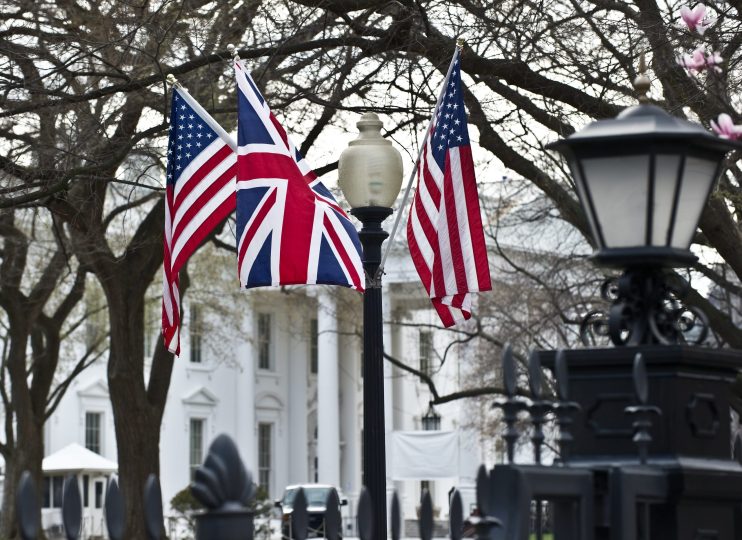Trade experts raise fresh doubts over UK-US trade deal due to tax row

Trade experts have expressed fresh doubts about the prospect of a UK-US trade deal while Britain’s digital services tax is in place.
UK and US negotiators concluded the fourth round of formal negotiations this week as Downing Street tries to quickly close trade agreements as a part of its post-Brexit “Global Britain” agenda.
Several trade experts told City A.M. that the US still refuses to sign up to any deal while the UK government keeps the digital services tax in place, with talks likely to fail unless Rishi Sunak scraps it.
The tax sees some online firms, such as social media sites and online marketplaces, getting taxed two per cent of revenue they have made from UK consumers.
This will result in Silicon Valley giants like Facebook and Twitter paying tens of millions of pounds to the UK Treasury each year.
However, the issue has largely gone under the radar compared to other predicted stumbling blocks to a transatlantic deal, such as demands on food safety standards.
Sam Lowe, a trade policy adviser at the Centre for European Reform, said the Donald Trump administration sees the tax “as a discriminatory attack on US tech companies”.
“It has already threatened retaliatory tariffs on British exports if it comes into effect,” he said.
“The US is unlikely to back down on the issue even if there is a Biden presidency, and is unlikely to strike a trade deal with the UK if it is in place.”
The digital services tax has drawn consternation from US lawmakers, particularly from members of the US Senate Committee on Finance who have to approve all potential US trade deals.
Republican committee leader Chuck Grassley said in June that the tax “unnecessarily complicates the path forward for a US-UK trade deal”.
Andrei Cazacu, policy manager at the British American Business lobby group, suggested that there could still be a global solution to the UK’s unilateral tax on the world’s tech giants.
OECD countries have been trying over the past two years to negotiate a multilateral tax on the globe’s largest digital services firms.
Cazacu said “there could still be a multilateral agreement by the end of 2020”, which would remove one of the largest barriers to a UK-US trade agreement.
However, David Collins, professor of international economic law at London’s City University, said it was more likely that the UK would fold to US demands.
“I would say it’s likely it’s dropped,” he said.
“Certainly I think they’ll drop it in the form it’s in now at the very least.
“It would be interesting if there could be a compromise where it would be restricted to larger companies or a softening of the tax rate.”
A Treasury spokesperson said: “The digital services tax is a proportionate measure that ensures that tech firms pay their fair share of tax in the UK.
“We’ve been clear it’s a temporary tax that will be removed once an appropriate global solution is in place – and we continue to work with our international partners to reach that goal.”